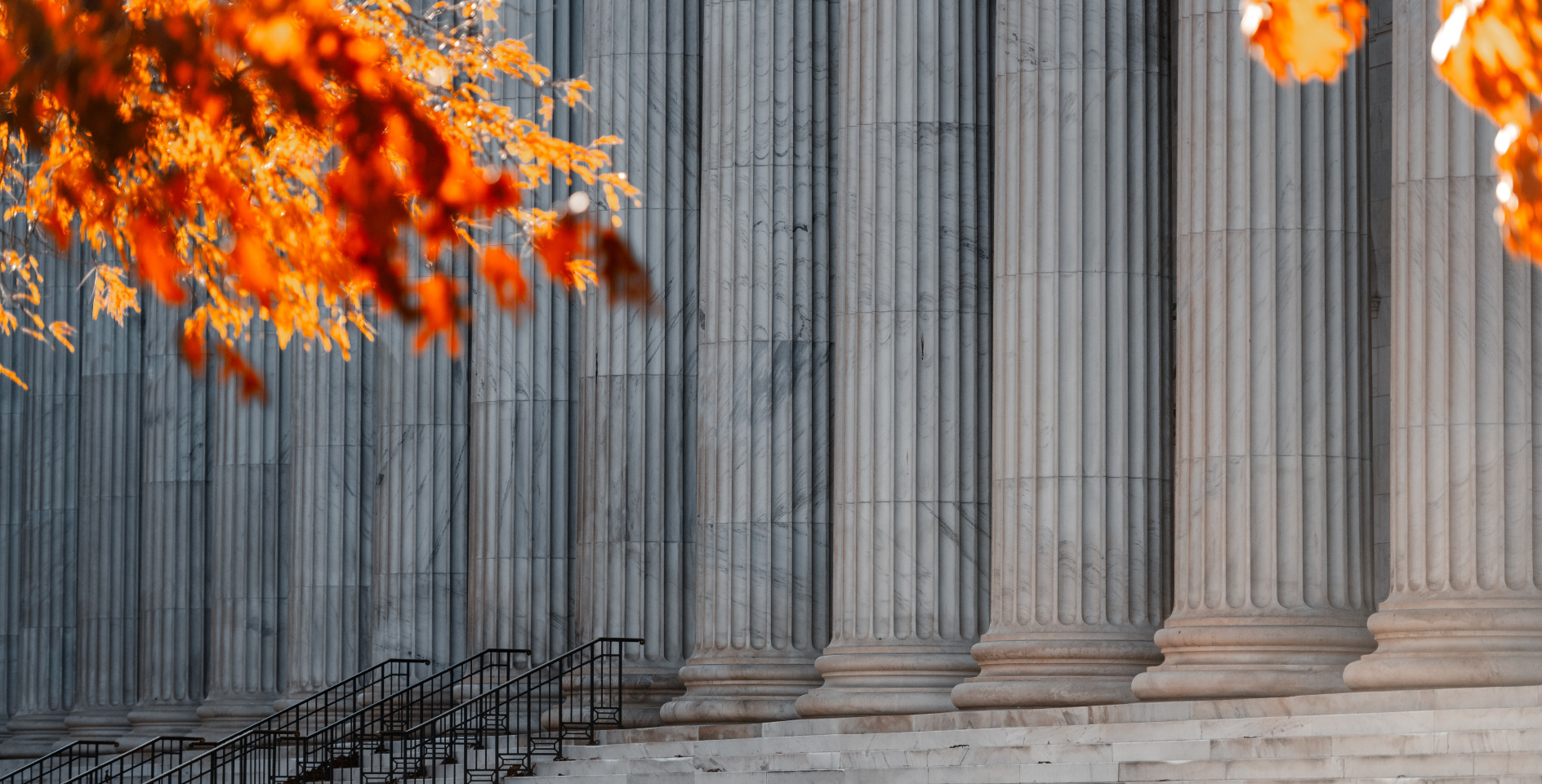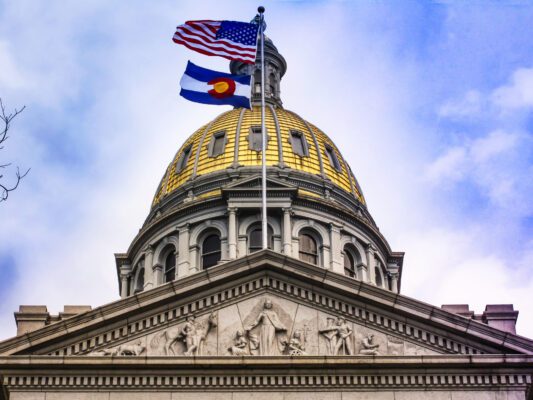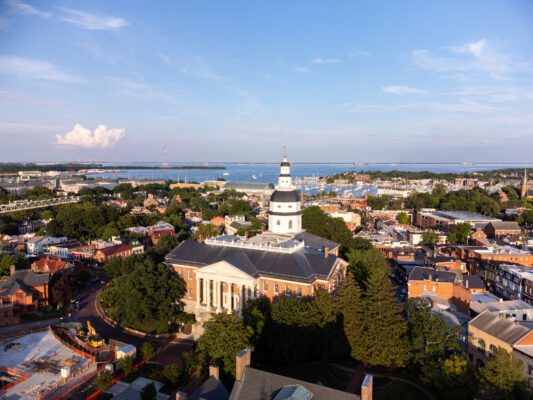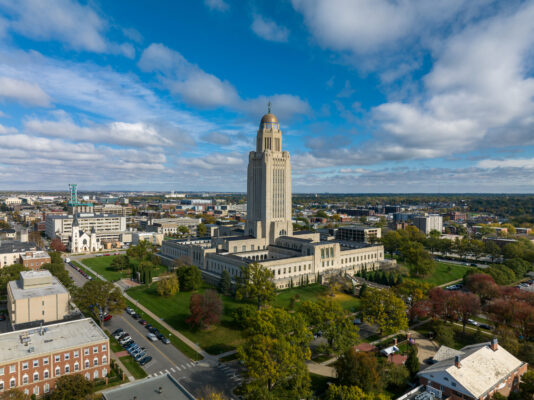As anticipation builds for the Supreme Court’s decision in the Mississippi abortion case, many people might be wondering what they can do to make their states more pro-life. The Mississippi case is a once-in-a-generation opportunity for the court to overturn the harmful precedents set in Roe and Casey and affirm the fundamental right to life.
In December 2021, the Supreme Court heard oral arguments in a case titled Dobbs v. Jackson Women’s Health Organization, reviewing a Mississippi law titled the “Gestational Age Act” that prohibits abortions after 15 weeks’ gestation, except in a medical emergency and in cases of severe fetal abnormality. This law replaces the ‘viability standard’ created by Roe. The court is examining whether pre-viability restrictions on elective abortions are unconstitutional.
Even if the Supreme Court overturns the disastrous precedents set in Roe v. Wade and Planned Parenthood v. Casey, abortion would not become illegal overnight. Instead, each state would then be free to set their own laws banning or allowing abortion. Rather than marking the end of the pro-life movement, this decision would launch a new chapter as advocates turn their attention to protecting life in statehouses across the country and stopping the proliferation of chemical abortions.
There are three possible outcomes in this decisions:
- The court could reaffirm the precedents in Roe and Casey. This scenario is very unlikely, because the court likely wouldn’t agree to hear such a monumental case, and do nothing.
- The court could issue a narrow ruling, like moving the viability line, or something like that.
- The precedents in Roe and Casey would be overturned, and abortion would be sent back to the states. We are certainly hopeful this will happen.
If decided favorably, this case would potentially expand protections for children in the early stages of gestational development. Abortions would not cease overnight, but the issue would be sent back to the states. We anticipate a decision in this important case at the end of the term in June. In the meantime, states ought to begin thinking about how to protect the most vulnerable and their mothers.
Helping make your state more pro-life
If Roe is overturned, an estimated 26 states (including Mississippi) will implement complete bans on abortion. And an estimated 15 states and Washington, D.C., have enacted laws that would automatically keep abortion legal. There are other states that will have some protections, but there’s room to pass policies that protect the preborn in the womb and their mothers.
There are a number of ways you can work to make your state more pro-life. You can begin by researching what your existing state laws are and how they protect life. There’s likely an existing coalition of pro-life leaders and ministries in your state. It would be beneficial to begin developing relationships with them and learn about opportunities to get plugged in and serve your local communities.
Below are a few suggestions for how to make your state more pro-life from a policy perspective. This list isn’t exhaustive, but it’s meant to serve as a starting point as you brainstorm and pray about ways to protect the most vulnerable in your state.
State constitution: You can work on amending your state constitution to protect the most vulnerable among us — the preborn. For example, Tennessee’s state constitution has a section that says:
“Nothing in this Constitution secures or protects a right to abortion or requires the funding of an abortion.The people retain the right through their elected state representatives and state senators to enact, amend, or repeal statutes regarding abortion, including, but not limited to, circumstances of pregnancy resulting from rape or incest or when necessary to save the life of the mother.”
Abortion pill restriction: Abortion pills or chemical abortions are now the most common method of ending a pregnancy in the United States for the first time since they were approved more than two decades ago. The most recent data states that the two-dosage abortion pills accounted for 54% of abortions in 2020, up 39% in 2017, the last time the report was released.
Mifepristone is the first part of the two-drug chemical abortion process. It blocks progesterone, a hormone that nurtures the developing child throughout the pregnancy. It is prescribed in combination with a second drug, misoprostol, which forces the uterus to contract and expel the unborn baby.
Pregnant mothers need to be screened in person for contraindications like an ectopic pregnancy and the age of their baby to prevent life-threatening complications. Allowing these drugs to be dispensed without physician oversight makes it easier for the drug to fall into the hands of abusers who may give them to pregnant women without their knowledge and consent.
Almost half of U.S. states have banned or tightly restricted abortion pills, and more could follow suit.
State born-alive bills: 18 states have robust born-alive protections which are reflected in the federal Born-Alive Abortion Survivors Protection Act. While there are 36 states that have some type of born-alive law, more states need robust protections for those who survive an attempted abortion.
Child welfare laws: One of the sad realities of a potentially post-Roe world is there will likely be more children who will enter into the foster care system. Each state’s child welfare laws are slightly different, but you can get involved in advocating for policies that protect vulnerable children. The church and Christians have an incredible opportunity to stand in the gap for vulnerable children and help advocate for policies that help them find safe, permanent, and loving homes.
Depending on how the Dobbs case is decided, there might be opportunity to work on a variety of other types of legislation, but these ideas are an excellent starting point for getting involved in your local community.
If abortion becomes illegal in many states, many more vulnerable women and their preborn babies will need help and support. Christians must be ready to stand in the gap and provide love and care. Together, we must work toward a day when abortion is not only illegal but also unthinkable. Southern Baptists have long pleaded the case for America to recognize the inherent dignity of our most vulnerable neighbors because Scripture tells us that every single life has innate dignity, worth, and value.










